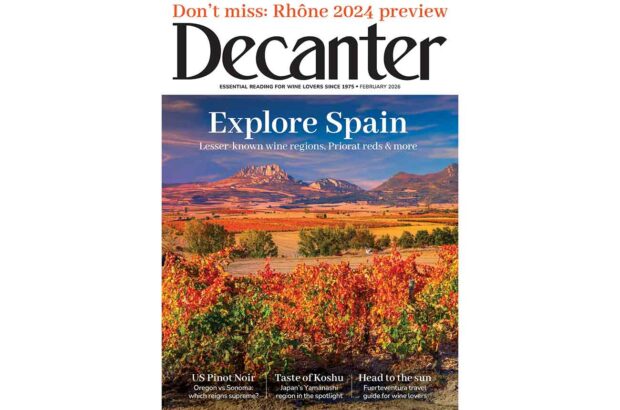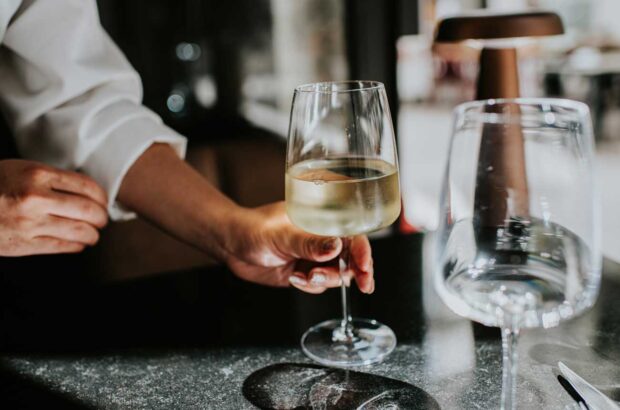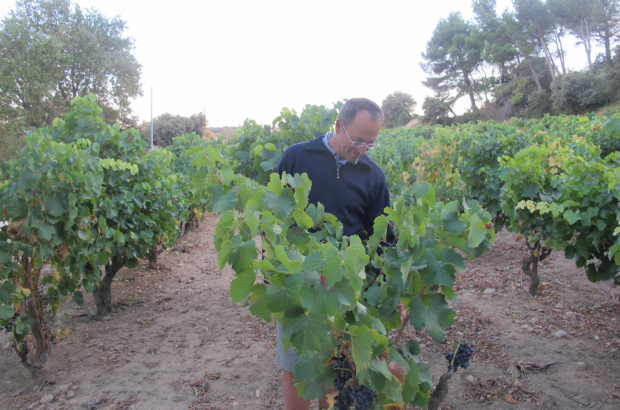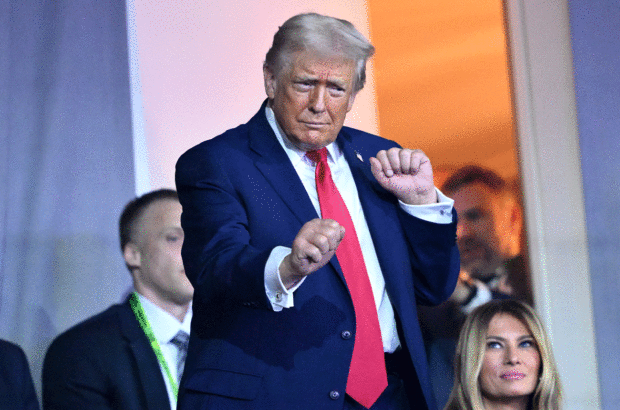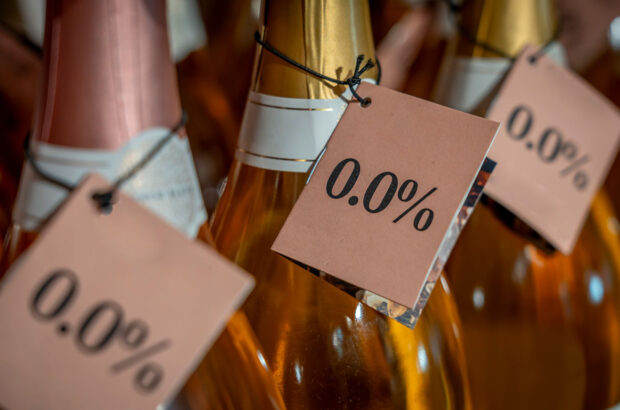EU and US representatives have signed a controversial agreement on winemaking practices and wine labelling between the two regions.
As part of the deal, which has been in gestation since September 2005, the US has agreed to curb the use of semi-generic European place names that are stringently protected by France and other EU members. Semi-generic names are locally-specific geographical terms such as Parma ham or Madeira wine.
US producers will no longer be able to use 17 such terms, including Chablis, Sherry and Chianti, on their wine labels.
In return, wines made in the US using certain practices banned in some areas of Europe can now be sold in all EU member states. This includes wines made using woodchips, a controversial and illegal technique in many EU winemaking regions.
‘This deal will facilitate access for EU wines to the lucrative US market,’ said the European commissioner for agriculture, Mariann Fischer Boel.
Around 40% of EU wines end up in the US, making it the biggest market for European wines. European wine sales there are worth an estimated €2bn.
However, although the new agreement will end any further use of semi-generic names, those already in use in the US remain protected. This aspect of the deal, known as the ‘grandfather clause’, has angered many European producers.
In September, decanter.com reported that Champagne producer Bruno Paillard saw the agreement as ‘an absurdity’.
‘It’s sad that the USA, now a great wine country, continues to protect a few producers who are abusing the identity of others,’ said the Champagne producer.
Yesterday, the French Union of Wine Cooperatives also said the agreement was ‘unacceptable’, adding that it had set a ‘regrettable precedent’ in condoning certain winemaking practices.
Further discussions between the two blocs will resume in three months’ time. Delegates will further examine semi-generic terms and winemaking practices as well as geographical names, appellations, low-alcohol wines, seals of approval and the setting-up of a joint committee on wine issues.
Written by Oliver Styles

